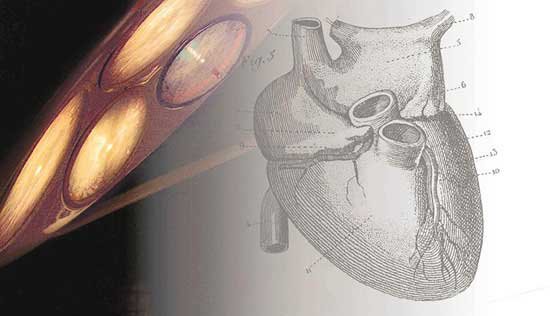Liver disease: Better monitoring, better prognosis
Liver disease: Better monitoring, better prognosis
Health outcomes explored at DDW 2009
CHICAGO, IL (June 1, 2009) – The latest research in liver disease being presented at Digestive Disease Week® 2009 (DDW®) has important implications for tracking disease development in patients and for current and future transplant recipients. Researchers are making great strides in diagnosing and treating liver disease.
"The research being presented during DDW shows how widespread our efforts are in understanding and treating liver disease," said Brent Tetri, MD, Saint Louis University. "These studies take us one step closer to better monitoring of liver disease, improving our ability to accurately determine prognosis, more appropriate organ allocation and lower rejection rates in liver transplantation."
DDW is the largest international gathering of physicians and researchers in the fields of gastroenterology, hepatology, endoscopy and gastrointestinal surgery.
Text Messaging Reduces Rejection in Pediatric Liver Transplant Recipients (Abstract #175)
Text messaging may improve compliance rates in pediatric liver transplant recipients, reduce organ rejection and provide significant cost savings with medications and hospitalizations, according to a new study. Children and adolescents who receive liver transplants often have trouble remembering to take their medication regularly; in addition to being less vigilant than adults, liver patients also suffer memory problems. Missing medication is especially dangerous since their bodies can reject the transplanted liver after only two missed doses of medication. But because young people are generally technologically savvy, researchers sought to determine whether sending text messages would result in improved adherence.
The study looked at 41 young people who were on average 15 years old and at various stages after receiving a liver transplant. The MediM AS system from CareSpeak Communications, which funded the study, was used to decide which time of day patients/or caregivers preferred to receive a medication reminder via text message, which were then sent accordingly. To ensure that patients not only received the message but also took their medication, patients had 15 minutes to send a reply text confirming intake. If they did not, MediM AS system would automatically alert their parents to follow up with their child via another text message. Researchers tracked by computer how many times patients replied, did not reply or had to have parental intervention.

No comments:
Post a Comment